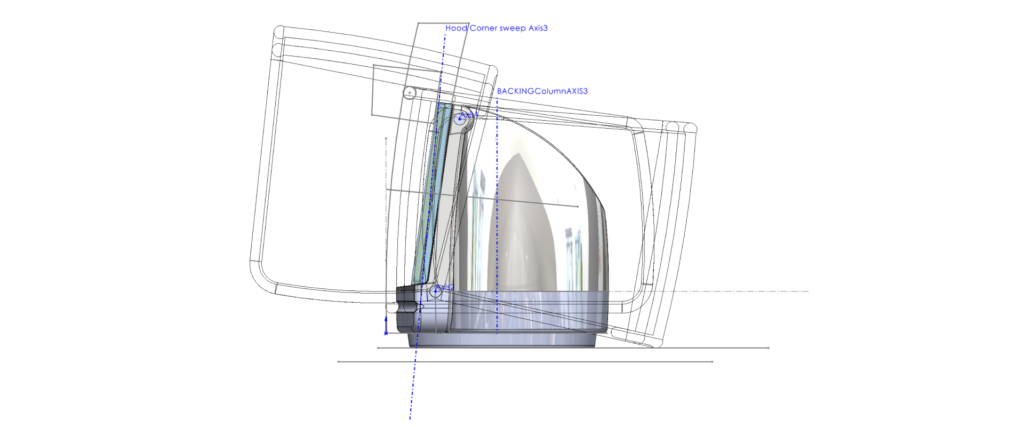Article
Innovation Principle #3: True Innovation Generates Value

Creativity Is Not Innovation
Creativity is defined as transcending traditional ideas, rules, patterns, and relationships to generate meaningful new ideas, forms, methods, and interpretations. Creativity is generally subjective. Newness may not be debatable, but originality and appeal are.
In the art world, the shift from Realism to Impressionism is a good example. Applying paint to canvas was nothing new, but blurring focus to capture the feel of a moment rather than the details of a person or location was an original idea. Today, Monet and van Gogh are well-known innovators in their field with works fetching millions at auction, but it took time for the style to be taken seriously, much less sought after.
Today’s business and technology world moves much faster. Creative ideas can be generated at the speed of thought; whereas, innovation often must be proven to establish and show value.
Innovation Requires Value
For something to be truly innovative, it must disrupt or increment on existing models to create a measurable increase in value for an individual or group of people. Innovation takes creativity to the next level, producing value from those new and original ideas.
Innovation as a definition is composed of two elements:
1. Something fresh, new, original, or improved
2. Something that creates new value
The distinction is an important one. Plenty of ideas and products are creative, but they don’t always generate new value. The ones that do often become businesses and stick around and multiply. Tesla is a truly innovative company, not only because they had a huge creative and technical advance in electric cars, but year over year, they are selling thousands of cars (e.g. 200,000 in one day), proving the value. Whether a new smartphone app, electric car, sports drink, or wind turbine, creative ideas must prove their value to be sustainable, and marketplaces help test and sustain whether something does.
Because value is required, most creative ideas can’t be innovative if they aren’t implemented in some fashion. Implementation will help establish feedback or metrics or purchases or adoption that can lead to evaluating and determining value. Whatever the idea, it can start with being really creative, but it must also deliver measurable or perceived improvement in quality or productivity to be proven as something people value.
This two-part understanding of innovation may help your business also focus on testing for value early on, not just what’s new or different. In the end, innovation will help you grow faster than creativity.








